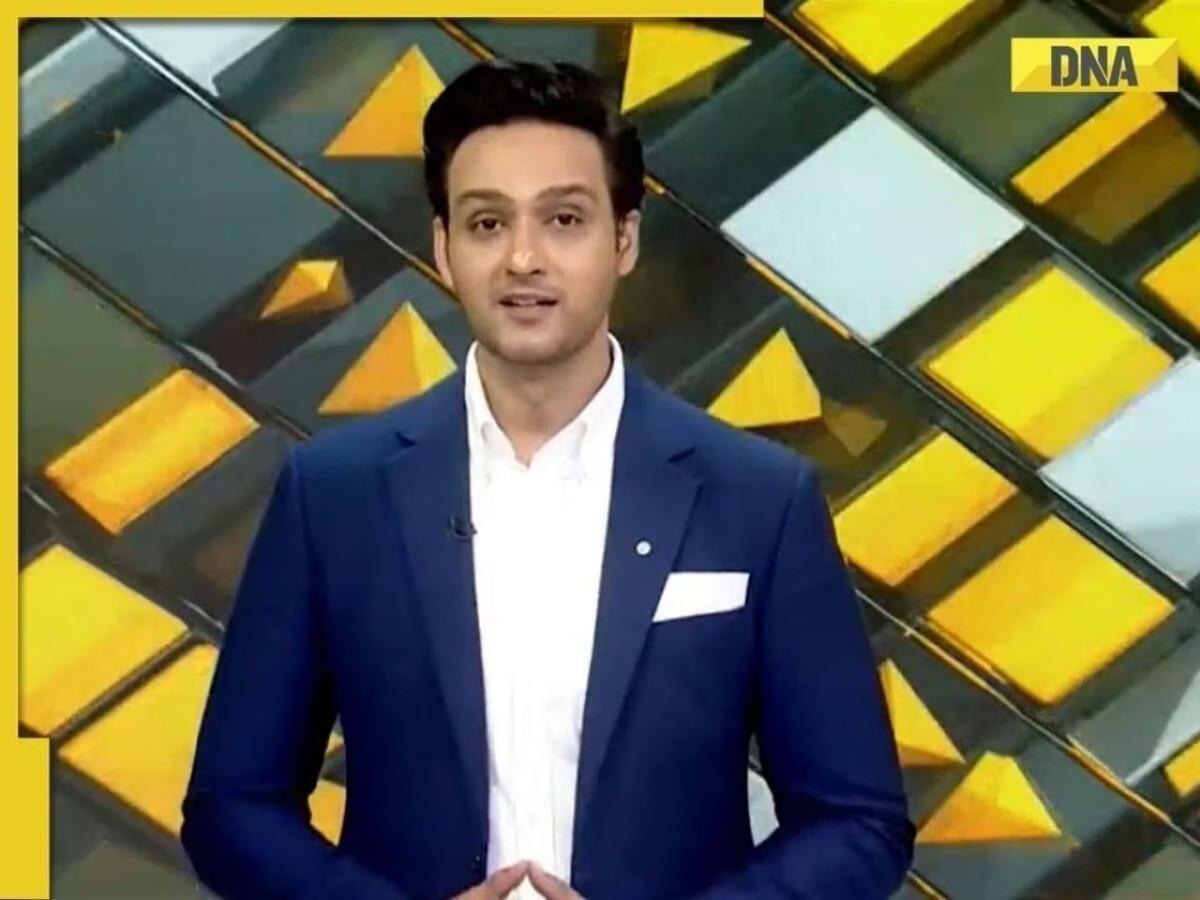
Amid the ongoing Lok Sabha elections, a video featuring Union Home Minister Amit Shah has stirred significant controversy on social media. The video, which allegedly portrays Shah declaring that the Bharatiya Janata Party (BJP) would eliminate ‘unconstitutional reservations’ for Scheduled Castes (SC), Scheduled Tribes (ST), and Other Backward Classes (OBC) if elected to power, has been widely circulated. However, further investigation reveals that the video had been doctored, and its altered version was aimed at spreading false information.
The controversy began when numerous social media accounts, including official accounts associated with the Congress party, shared the video. These accounts claimed that the video exposed the BJP’s hidden agenda to abolish SC/ST reservation quotas. BJP officials quickly condemned these claims, accusing the Congress of disseminating misleading information designed to incite societal unrest during a sensitive election period.
Sourabh Raaj Jain, anchor for ZEE News, weighed in on the issue, drawing attention to the broader threats that emerging technologies pose to democratic processes in the digital era. Jain’s analysis underscored how deepfake technology is being used to manipulate information and shape public opinion, adding another layer of complexity to election security.
In the video uploaded on the social networking site X at 6:42 am on April 28, Amit Shah appears to be saying that the ‘unconstitutional reservation’ for SC, ST, and OBC groups will be rescinded if the BJP comes to power. The caption added by the user read, “We will end SC-ST and OBC reservation: Home Minister Amit Shah.” The video’s rapid spread on social media sparked extensive discussions and debates, catching the attention of both the public and political entities.
Reacting to the video’s circulation, the Delhi Police registered a case on Sunday, aiming to investigate the doctored video’s origins and hold those responsible accountable. The incident has also led the Ministry of Home Affairs (MHA) to lodge an official complaint, pressing for stringent action against individuals responsible for circulating the falsified content.
Prime Minister Narendra Modi addressed the issue during an election rally in Maharashtra’s Satara. Modi accused opposition parties of spreading fake news out of desperation to win the elections. He warned the public to remain vigilant against misinformation campaigns, particularly those facilitated by advanced video-manipulation technologies.
This incident has sparked a broader conversation about the ethical implications and potential dangers of deepfake technology.
. Deepfakes are synthetic media wherein a person in an existing image or video is replaced with someone else’s likeness. This technology uses machine learning and artificial intelligence to create visual and audio content that is nearly impossible to distinguish from authentic material. Experts warn that such sophisticated falsifications can be weaponized to influence public opinion, misrepresent individuals, and undermine democratic institutions.
In recent years, the advent of deepfake technology has raised alarms among tech experts, policymakers, and the general public. The manipulation of Amit Shah’s video represents a tangible example of how deepfakes can be used maliciously in the political arena. The dissemination of doctored videos can distort facts, mislead the electorate, and potentially destabilize societies by sowing divisions and stoking unrest.
Social media platforms have responded by implementing measures to detect and flag deepfake content. However, the technology behind deepfakes is evolving rapidly, often outpacing current detection mechanisms. This has led to calls for more robust regulatory frameworks and the development of advanced tools to identify and mitigate the spread of false information.
The Amit Shah video incident serves as a cautionary tale about the perils of unchecked technological advancements in the information age. As India navigates its democratic processes, it is increasingly clear that safeguarding the integrity of information is paramount. The country must strengthen its defenses against digital threats, ensuring that technology serves the public good rather than undermines it.
As the Lok Sabha elections continue, the electorate is reminded of the critical importance of vigilance, media literacy, and discernment in the digital landscape. Voters are urged to critically evaluate the veracity of information they encounter and remain alert to the potential for manipulation in an era where the line between reality and fabrication becomes ever more blurred.
The controversy surrounding Amit Shah’s doctored video exemplifies the urgent need for concerted efforts to counteract the detrimental effects of deepfake technology. As democracies worldwide grapple with similar challenges, India’s experience highlights the necessity for collective action to preserve the trust and transparency essential to democratic governance.












